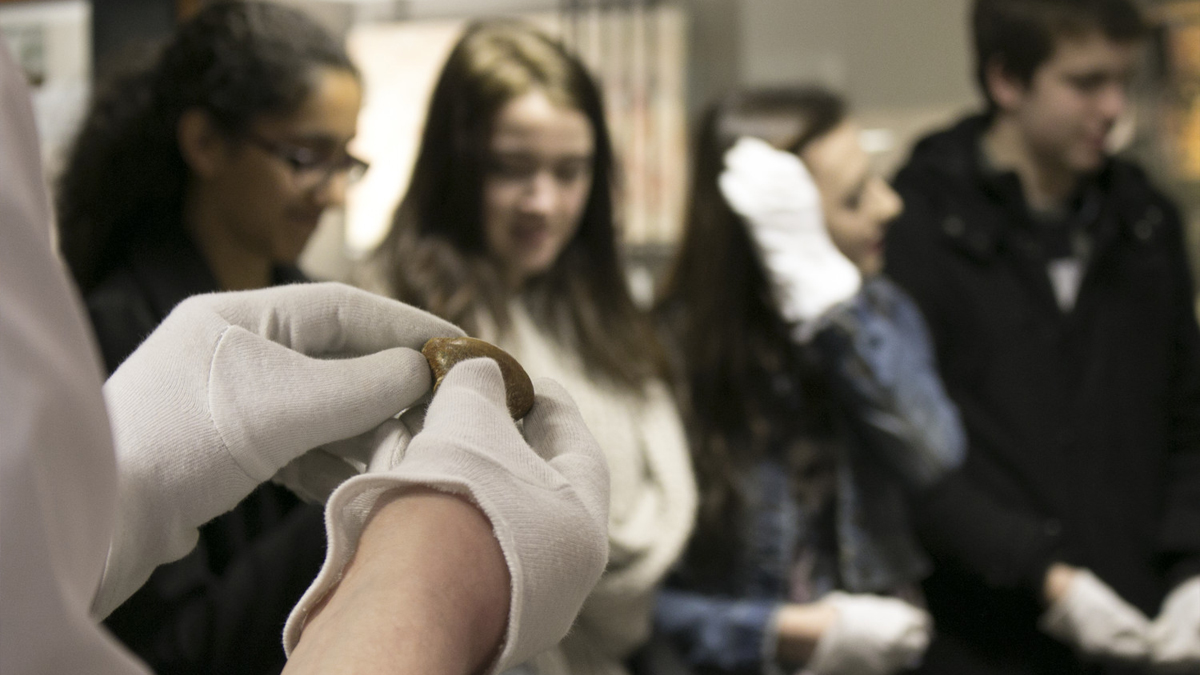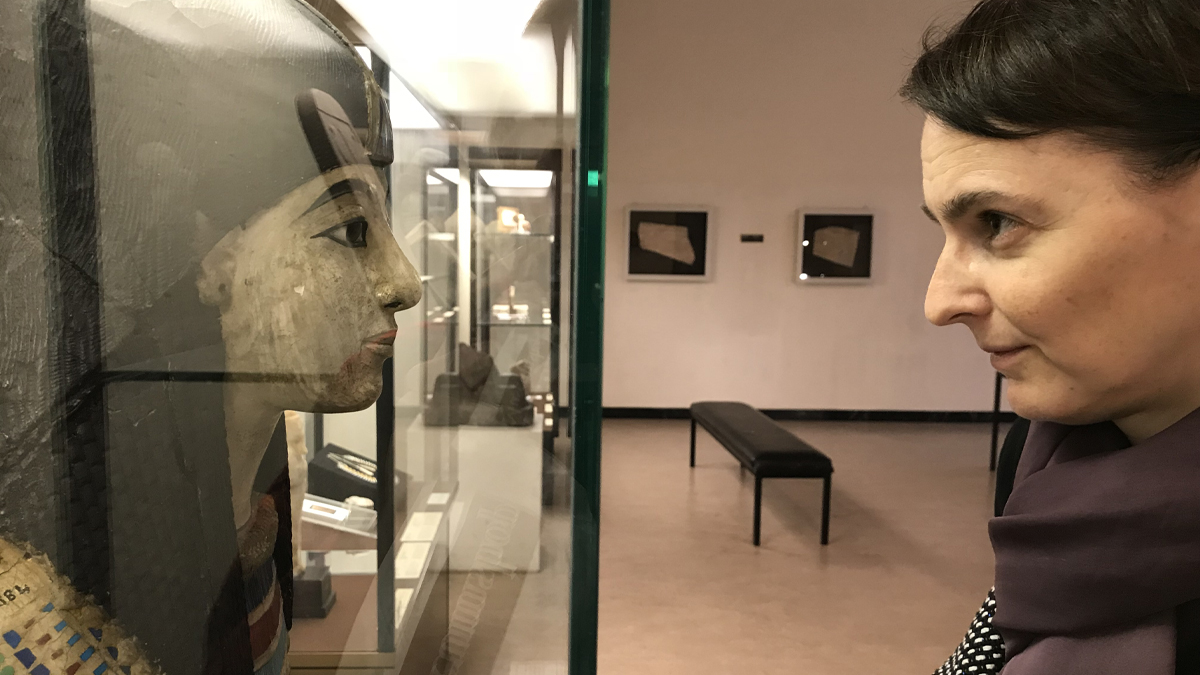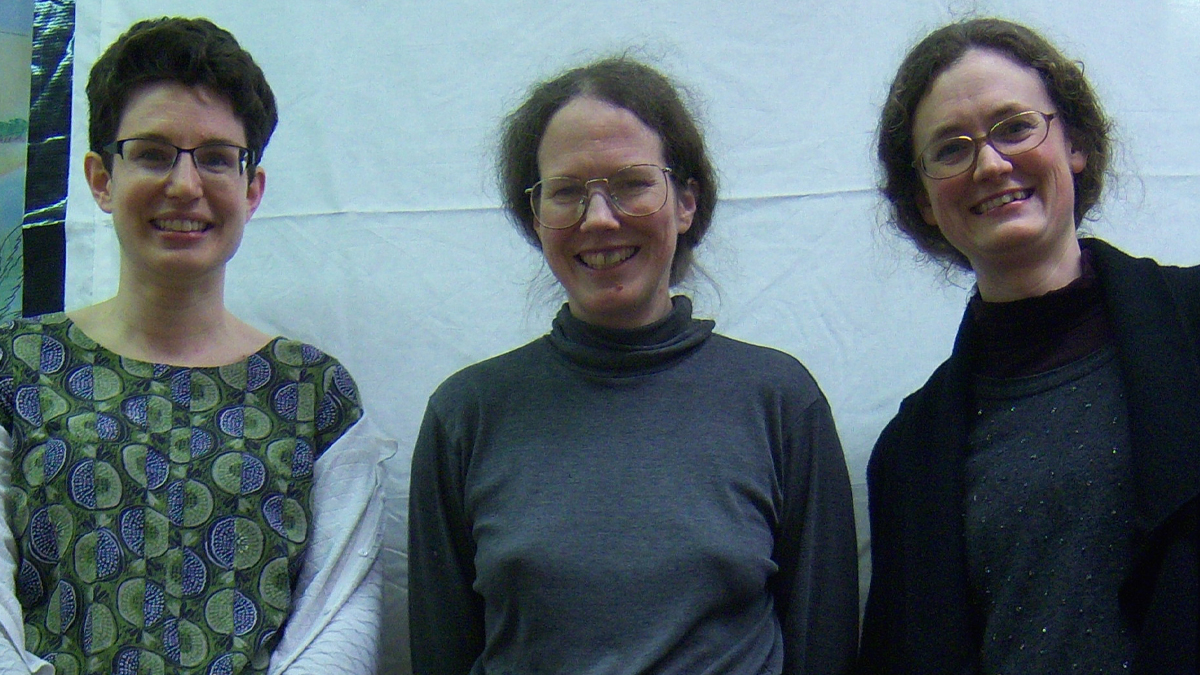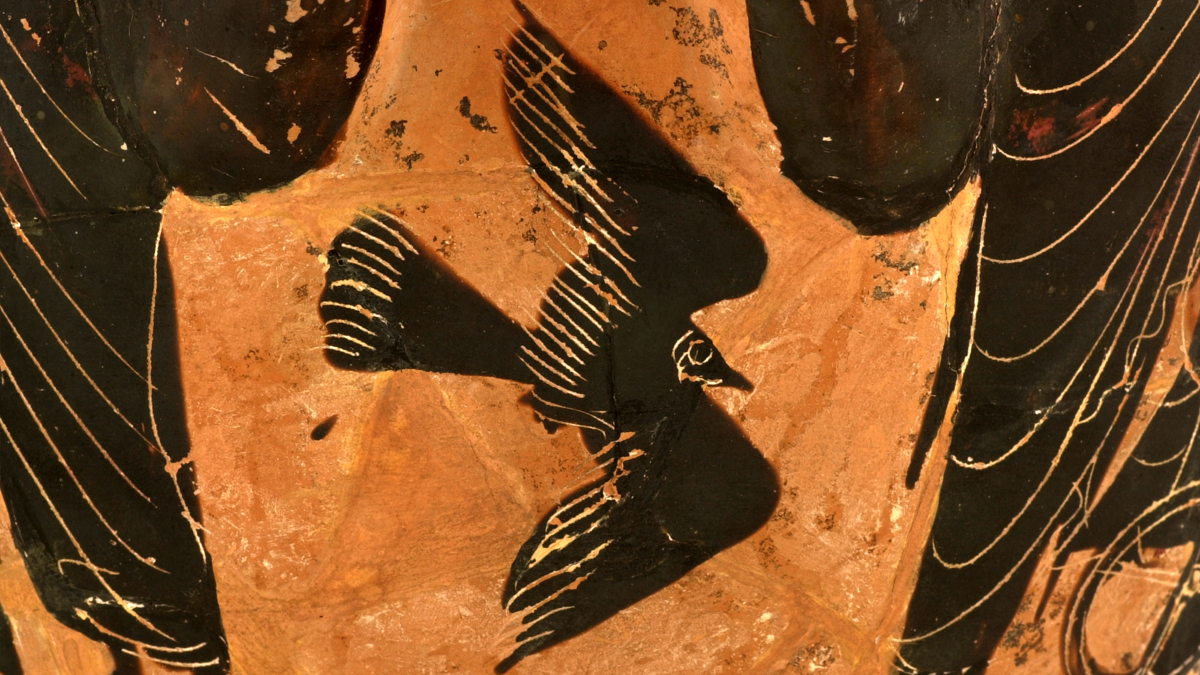
The classical world is fascinating and inspiring, and has much influence on and relevance to the modern world. That's why we want to make it accessible to all.
We run a number of engagement programmes for local schools, and our academics regularly give talks on a variety of topics to A level students. We also invite the community into the Ure Museum to explore the unique artefacts we hold and learn about their origins.




